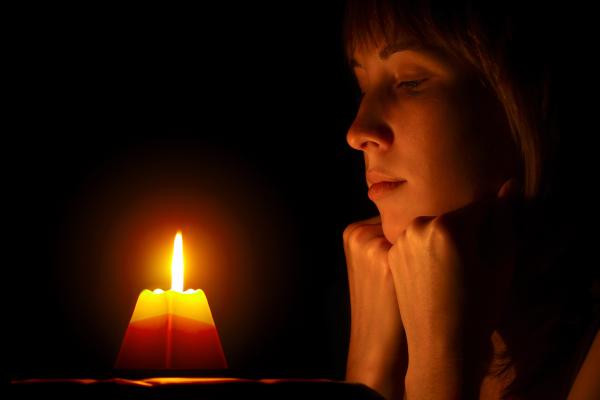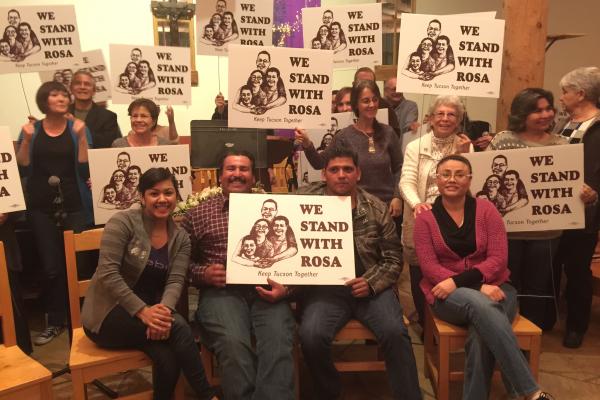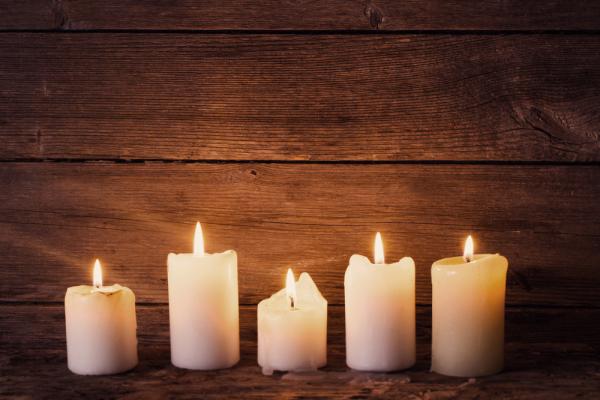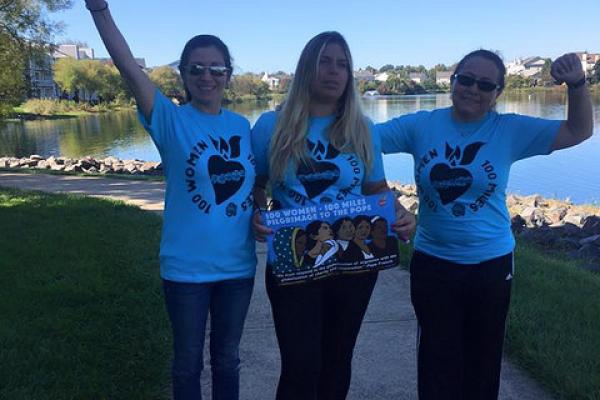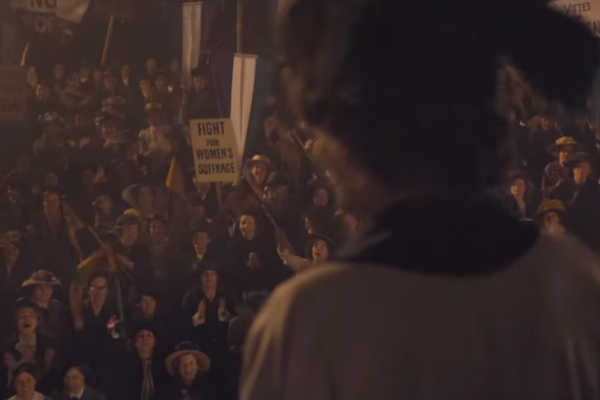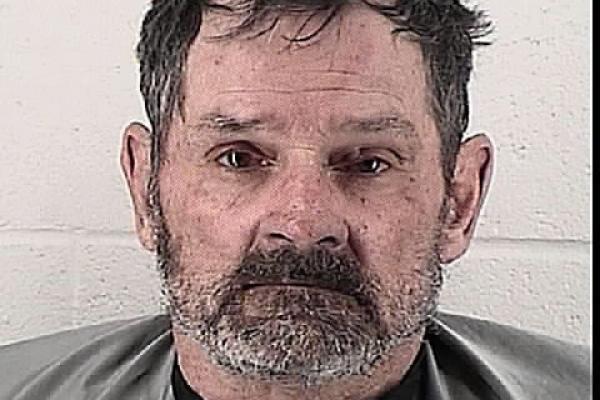1. Don’t assume racial inequality is normal . This shouldn’t be an easy mistake, but it is one of the most common and most consequential mistakes when thinking about racial inequality. The largely absent social and political urgency over racial injustices makes it clear that many have concluded deep and persistent racial inequality is normal, unsurprising, and not a social emergency.
Yet, how can one see racial injustice if racial inequalities are “supposed” to be as they are? How can our children believe us when we say skin color is irrelevant to one’s abilities if we accept as normal the racial inequality present in all areas of modern life, and teach them to do the same? How can black people as a group not be stigmatized if massive inequality is the expected reality?
When racial inequality is perceived to be normal, then it is obvious that an old, ugly rationale — that black people “get what they deserve” — is alive and well.
Rosa Robles spent 461 days inside a Tucson, Ariz., church after receiving a deportation order that would have separated her from her husband and children.
She has finally received an assurance from the federal government that she will not be deported, so on Nov. 11, she left the church for the first time in over one year.
Sojourners founder and president Jim Wallis appeared Nov. 7 on the Drew Marshall Show, a spiritual talk show that broadcasts on radio stations all over Canada. In the interview, Rev. Wallis discussed a range of topics from baseball and his love of coaching his sons, to Sojourners’ push for immigration reform, Pope Francis’ recent visit, and his upcoming book America’s Original Sin: Racism, White Privilege, and the Bridge to a New America.
Rev. Wallis also talked about his faith journey, from his experience at a revival as a child, to his leaving his home church to join the student movements in the 1960s and 1970s. He discussed the encounter with an elder in his church where an elder said that they had “nothing to do with racism. That’s political. Our faith is private.”
This exchange, Wallis noted, is what led him to eventually leave his church, only to come back to his faith after reading in Matthew 25 about how followers of Christ should treat the “least of these,” and what leads him to say that “Faith is always personal, but never private.”
Gay marriage is now the law of the land and, increasingly, a line in the sand conservative churches say they will not cross.
The latest is the Church of Jesus Christ of Latter-day Saints. On Nov. 5, it issued new guidelines, saying Mormons in same-sex relationships will face possible excommunication and their children will not be permitted to join the church until they are 18 — and then only if they reject their parents’ relationship.
The new policies make the LDS church, with about 15 million members globally, the largest Christian denomination to enact such a formal — and some say draconian — policy. Children of same-sex couples are effectively denied baptism and other ordinances of the church.
“I am sure everyone feels regret about this,” said D. Michael Quinn, a scholar who was excommunicated by the LDS church in 1993 but still considers himself a Mormon.
“The leaders who have instituted this have done so without any relish. They have done so with regret. All Mormons down the line will look at it as regrettable.”
Pope Francis on Nov. 11 urged Catholics to continue the tradition of a family meal, leaving smartphones aside, and switching off the TV to enjoy the “fundamental experience” of sharing food.
“The sharing of a meal — and therefore, other than of food, also of affections, of stories, of events — is a fundamental experience,” Francis said during his weekly audience in St. Peter’s Square.
Sitting around the table helps measure the health of relationships, the pontiff said: “If in a family there’s something that doesn’t work, or a hidden wound, at the table it’s understood immediately.”
“In cities and towns across the country, women will walk for one mile on the 11th of each month for 11 months. Together we’ll walk another 100 miles for the 11 million undocumented immigrants in the United States.”
Though some critics have claimed that the film doesn’t do enough to show the effects of the suffrage movement, it seems appropriate that Suffragette ends while the fight is still going on. In the era of Black Lives Matter, battles for reproductive rights and immigration reform — causes with hoped-for but still undetermined outcomes — it’s reassuring the see a film that portrays historical characters in a similar situation. The women of Suffragette are confident in their eventual victory not because they know what will happen. They’re confident because they have to be — because for them, allowing defeat was not an option.
A judge on Nov. 10 issued the death penalty for the white supremacist convicted of shooting to death three people at two Jewish centers in Kansas last year.
Johnson County District Court Judge Thomas Kelly Ryan sentenced Frazier Glenn Cross, 74, to die by lethal injection.
A jury in early September convicted Cross, a former senior member of the Ku Klux Klan, of the murders and recommended that he be put to death. Cross also was convicted of three counts of attempted murder for shooting at three other people.
The head of a national Republican Jewish activist group predicted on Nov. 10 that dissatisfaction with the Iran nuclear deal will increase the GOP's share of the Jewish vote in 2016. His Democratic counterpart argued that Jewish Americans, who overwhelmingly vote for his party, are divided over the deal and prioritize other issues.
The debate took place at one of the largest annual gatherings of Jewish activists in the world — the General Assembly of the Jewish Federations of North America — just hours before an address to the group by Israeli Prime Minister Benjamin Netanyahu.
“I say it with a broken heart and a lot of sadness,” said Republican Jewish Coalition Executive Director Matt Brooks on what he alleged is flagging Democratic support for Israel in recent years.
The Senate passed the annual military bill on Nov. 10 with an overwhelming 91-3 vote, reports The New York Times.
The measure includes provisions that prevent the transfer of Guantánamo detainees to the United States, effectively blocking any attempt to close the terrorist detention facility.
